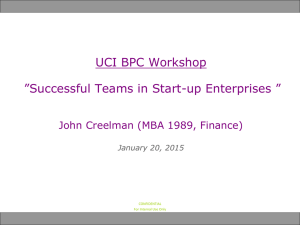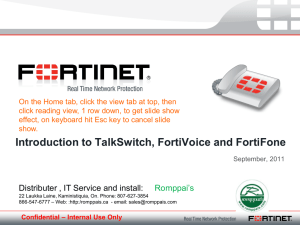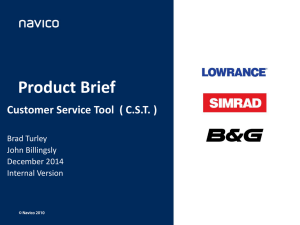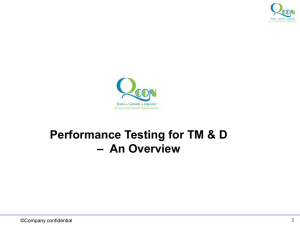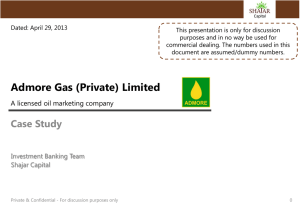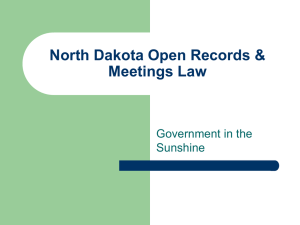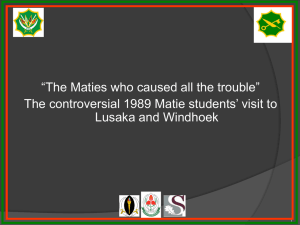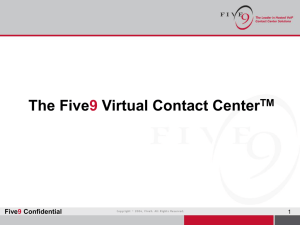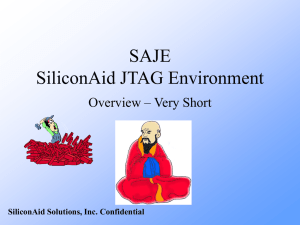Confidential Minutes: A Clerk's Guide for Schools
advertisement
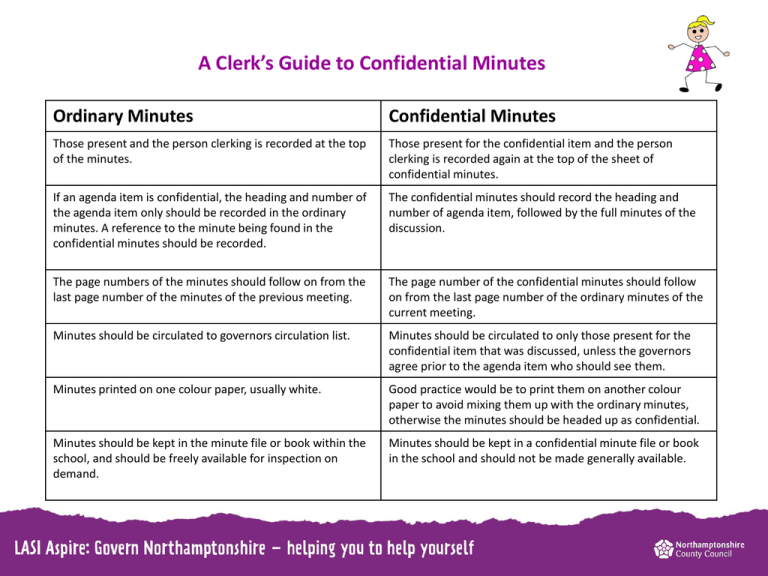
A Clerk’s Guide to Confidential Minutes Ordinary Minutes Confidential Minutes Those present and the person clerking is recorded at the top of the minutes. Those present for the confidential item and the person clerking is recorded again at the top of the sheet of confidential minutes. If an agenda item is confidential, the heading and number of the agenda item only should be recorded in the ordinary minutes. A reference to the minute being found in the confidential minutes should be recorded. The confidential minutes should record the heading and number of agenda item, followed by the full minutes of the discussion. The page numbers of the minutes should follow on from the last page number of the minutes of the previous meeting. The page number of the confidential minutes should follow on from the last page number of the ordinary minutes of the current meeting. Minutes should be circulated to governors circulation list. Minutes should be circulated to only those present for the confidential item that was discussed, unless the governors agree prior to the agenda item who should see them. Minutes printed on one colour paper, usually white. Good practice would be to print them on another colour paper to avoid mixing them up with the ordinary minutes, otherwise the minutes should be headed up as confidential. Minutes should be kept in the minute file or book within the school, and should be freely available for inspection on demand. Minutes should be kept in a confidential minute file or book in the school and should not be made generally available. Confidential Minutes – what the law says Regulation 13 of the School Governance (Procedures) (England) Regulations 2003 states: Minutes and papers (1)The clerk (or the person appointed to act as clerk for the purpose of the meeting in accordance with regulation 8(4)) shall ensure that minutes of the proceedings of a meeting of the governing body are drawn up and signed (subject to the approval of the governing body) by the chair of the next meeting. (2) Subject to paragraph (3), the governing body shall, as soon as reasonably practicable, make available for inspection by any interested person, a copy of- (a) the agenda for every meeting;. (b) the signed minutes of every such meeting; and. (c) any report or other paper considered at any such meeting. (3) The governing body may exclude from any item required to be made available in pursuance of paragraph (2) any material relating toa) a named person who works, or who it is proposed should work, at the school; or. b) a named pupil at, or candidate for admission to, the school; or. c) any other matter that, by reason of its nature, the governing body is satisfied should remain confidential. Confidential Minutes and the Freedom of Information Act Regulation 13 of the Procedures Regulations provides that the governing body must make available for inspection, to any interested person, a copy of the agenda, signed minutes and reports or papers considered at the meeting as soon as is reasonably practical. Information relating to a named person or any other matter that the governing body considers confidential does not have to be made available for inspection. However, since January 2005 the governing body is obliged to make this information available upon request under the Freedom of Information Act 2000, unless any other of the specific exemptions in that Act apply. There are 23 exemptions provided under the Act of which 8 are absolute exemptions as follows: • Information accessible to the applicant by other means (s21) • Information supplied by, or relating to, bodies dealing with security matters (s23) • Information relating to Court records (s32) • Parliamentary privilege (s34) • Information provided in confidence (s41) • Information prohibited from disclosure by any other piece of legislation or enactment (s44) • Information that would prejudice the effective conduct of public affairs (s36), and • Personal information (s40) Therefore, the governing body will only be able to withhold information that constitutes personal data or confidential information, in each case, within the meaning of the Freedom of Information Act

